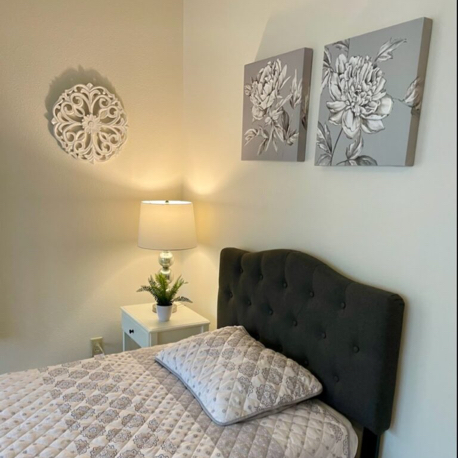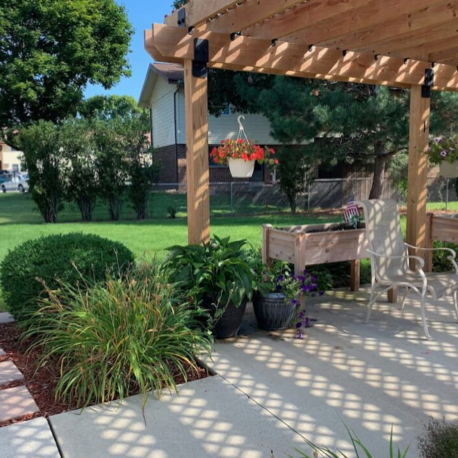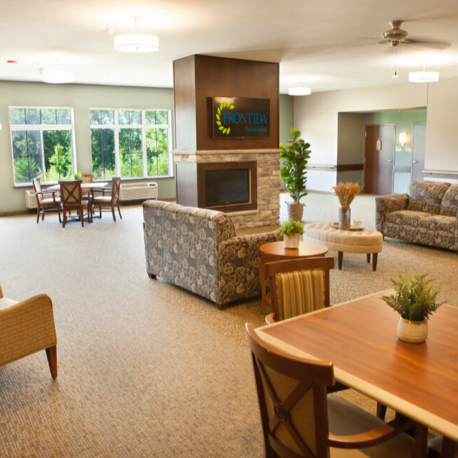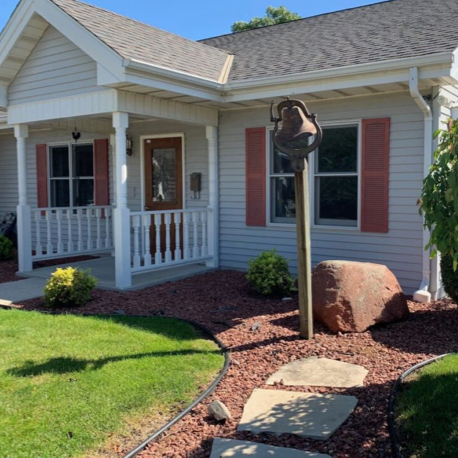Adjusting to life in behavioral assisted living can be a significant transition, especially for seniors with behavioral health needs like anxiety, depression, mood disorders, or cognitive changes.
If your parent decides they want to leave behavioral assisted living, it’s essential to approach the situation with understanding, patience, and action.
Having an open and honest conversation about their reasons, concerns, or fears can help you address their worries and create a positive environment in behavioral assisted living or find a new community that helps them thrive.
Why Would My Parent Want to Leave Behavioral Assisted Living?
Understanding why your parent wants to leave their assisted living community is the first step toward finding a solution. There are many reasons your parent may feel unsettled, especially if they’re living with a behavioral health diagnosis. Common causes include:
- Feeling isolated or lonely
- If your parents feel disconnected from others in the community, they may decide that the environment isn’t for them
- Health or safety concerns
- Health-related concerns can be a significant factor, whether dissatisfaction with caregiving support, a medical issue, or feeling unsafe
- Loss of independence
- Your parent might feel like the assisted living structure restricts their freedom or independence
- Financial stress
- Assisted living has a cost, and if the expense creates financial anxiety, it might trigger the desire to leave
- Mismatched accommodations or activities
- Your parents may feel that their preferences or expectations, from room size to available activities, aren’t being met
The key is to uncover their specific reasons so that you can provide them with appropriate support.
Talk to Your Parent About Their Reasons
Effective communication is crucial to understanding and resolving your parents’ concerns. Your goal should be to show empathy and give them space to express their emotions. Only after hearing them out can you help identify meaningful solutions.
Speak Respectfully
Approach the conversation respectfully and kindly, even if your loved one seems frustrated or confused. Avoid interrupting or dismissing their concerns. Use phrases like “I want to understand how you’re feeling” to show you’re on their side.
And just as it’s important to step into their shoes, you can also help provide perspective when they step into your shoes: remind them of the time you first moved away and focus on the positive reasons you chose assisted living initially.
Let Them Express Their Needs
Sometimes, parents hesitate to share their concerns for fear of burdening their children. Gently encourage them to explain why they feel the way they do. For example, “What would you change about your current living situation?” invites them to open up about what’s on their mind.
Listen & Acknowledge Their Feelings
One of the most potent ways to help is to listen without judgment. Acknowledge their feelings by saying, “I can see why this has been so hard for you.” Validating their emotions strengthens trust; you can reassure them that their voice is valued and matters.
You’ll gain valuable insight into their perspective by approaching the conversation with curiosity and an open mind.
Ways to Help Your Parent Be Happier at Behavioral Assisted Living
Once you identify the root of your parent’s frustration, you can take actionable steps to help address their concerns. In a behavioral assisted living community like Willowgreen Home, many strategies are already in place to support these needs, but personalization makes all the difference.
Address Their Specific Concerns and Fears
If your parents feel lonely, help them connect with others in the community by encouraging them to join group activities or classes.
If they’re concerned about safety, discuss the issue with the staff and follow through with them to confirm that your loved one’s concerns are addressed, such as installing grab rails or adjusting the level of care. Tailoring solutions to their unique needs can make them feel heard and supported.
Advocate for Your Parent
Don’t hesitate to work with the behavioral assisted living staff to meet your parents’ preferences. For example, you can request changes to daily activities and meal preferences or even ask about moving to a different room in the community.
Most senior living communities appreciate involved family members and are willing to accommodate reasonable requests.
Explore Activities Together
Many assisted living communities offer enriching programs, but your parent might need encouragement to participate. Offer to join them for a social event or introduce them to a new hobby together, like gardening or art classes.
Shared experiences can help reignite their excitement for the environment.
Discover Available Resources Together
Most assisted living communities have valuable resources, such as counseling services or senior support groups. Explore these options as a team to help address deeper emotional concerns and alleviate stress together.
Building a positive relationship with the assisted living community can significantly enhance your parents’ experience.

Exploring Alternative Options When Assisted Living Isn’t the Right Fit
Sometimes, despite your best efforts, assisted living may not be the right environment for your parent. If this is the case, it’s worth exploring alternative living arrangements that align with their needs and preferences:
- Independent living communities are ideal for seniors who don’t require extensive hands-on care but desire a sense of community & convenience
- Home care services with certified home care professionals can assist with daily tasks if your parents feel at ease staying in their homes; however, their home must be safe & secure for aging in place
- Living with family can offer connection & support, provided everyone is committed & your loved one doesn’t require around-the-clock medical care
- Skilled nursing facilities are recommended when medical care is a high priority, as nursing homes can provide comprehensive health services
Before deciding, research and weigh the advantages and disadvantages of each option with your parent. Involve them in the process so they can feel empowered and in control of their life choices.
Remember to Care for Yourself
Supporting an aging parent through a difficult transition can be emotionally taxing. While your focus may be on their well-being, it is essential to prioritize your own self-care as well.
- Set boundaries
- Know your limits and communicate them clearly to prevent burnout
- Seek support
- Share experiences & advice with family members, friends, or caregiving support groups
- Take breaks
- To recharge, engage in activities that bring you joy, such as exercise, reading, or meditation
Remember, taking care of yourself is essential for effectively caring for others.
Helping Your Parent Navigate This Journey
When a parent wants to leave behavioral assisted living, it’s often a signal that something in their environment needs adjustment, not that the decision was wrong. With patience, understanding, and a strong partnership with their care team, it’s possible to create a space where they feel truly safe, healthy, and happy again.
At Willowgreen Home we specialize in behavioral health support for seniors. Our trained team, individualized routines, and therapeutic programming are designed to meet your loved one where they are, with compassion and consistency.
Contact us today to learn how we can help your loved one have a happy, satisfying experience with behavioral assisted living.







